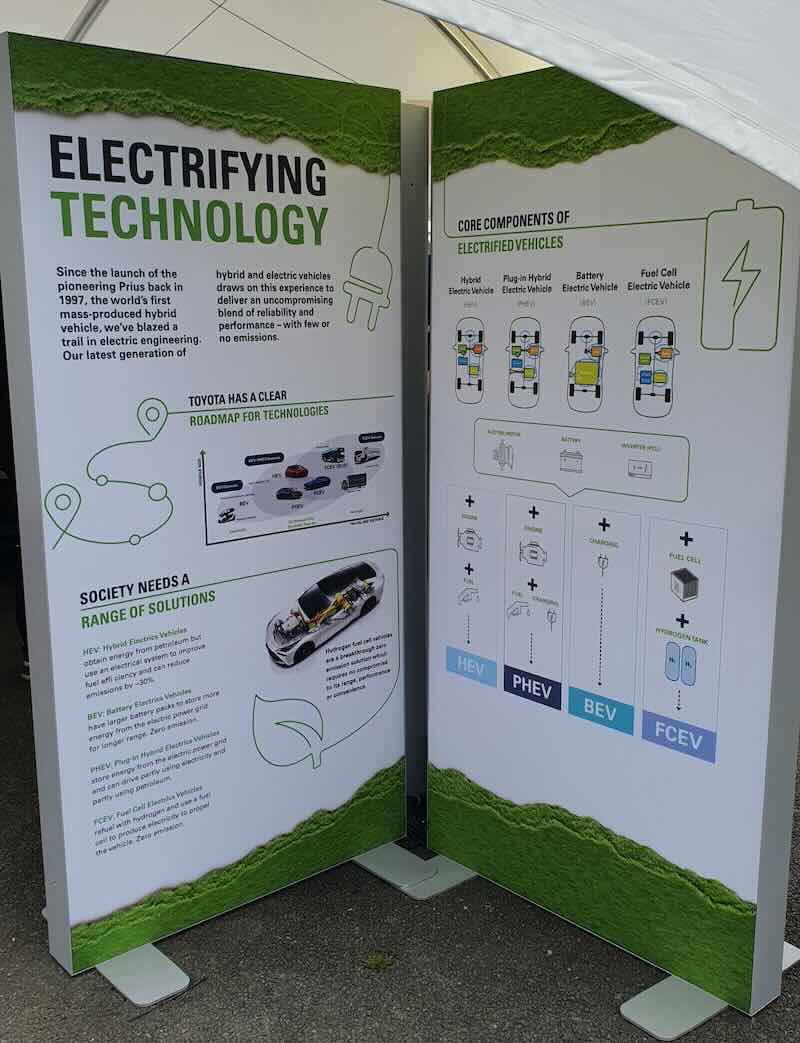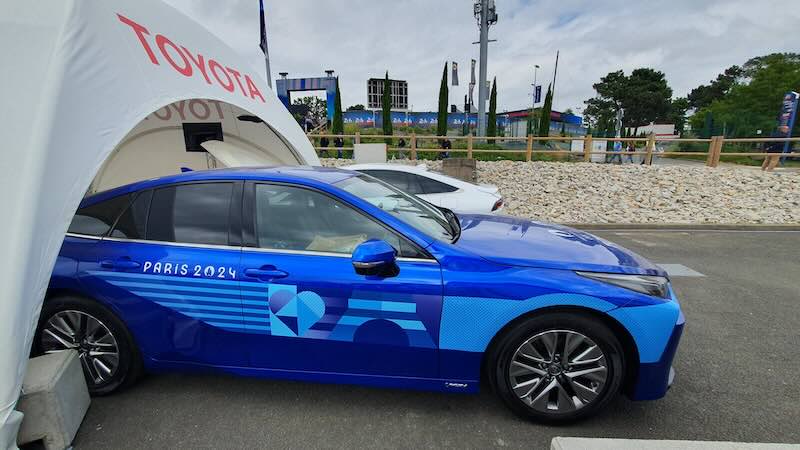The upcoming Paris Olympics have ignited a debate about the future of green transportation, with hydrogen vehicles taking center stage. As Toyota promotes its hydrogen-powered fleet for the event, a group of 120 academics, scientists, and engineers have voiced their concerns about the potential impact on the green energy transition.
Toyota plans to use the Paris Olympics as a platform to showcase its hydrogen-powered vehicles, including cars and buses. The company aims to position these vehicles as a solution to climate change, aligning with the event’s sustainability goals.
However, a significant number of experts argue that hydrogen vehicles are not the optimal choice for combating climate change. Their primary concern stems from the efficiency of hydrogen-powered vehicles compared to their electric counterparts.
According to the open letter signed by 120 experts, hydrogen-powered vehicles require three times more electricity than battery electric vehicles (BEVs) for equivalent performance. This increased energy demand has several implications:
- Higher renewable electricity generating capacity requirements
- Increased well-to-wheel CO2 emissions
- Potentially slower transition to clean energy
Tesla CEO Elon Musk has been a vocal critic of hydrogen technology for vehicles. He argues that hydrogen is impractical for cars and only marginally useful for rockets, where payload value justifies the inefficiency.
Toyota’s commitment to hydrogen technology dates back to at least 2014 when then-CEO Akio Toyoda decided to prioritize hydrogen over electric vehicles. This decision has shaped the company’s strategy for the past decade, leading to their current promotion of hydrogen vehicles at the Paris Olympics.
While the debate between hydrogen and electric vehicles continues, some argue that a diverse range of energy sources will be necessary to power the global economy. Hydrogen buses and cars have been in use in some communities for years, demonstrating their viability as part of a broader energy solution.

Although hydrogen fuel cells may not be as mathematically efficient as electric powertrains, proponents argue that they still offer advantages over traditional gasoline engines, particularly in terms of emissions.
As the automotive industry faces potential upheaval due to the shift towards more sustainable technologies, the debate between hydrogen and electric vehicles is likely to continue. While electric vehicles currently hold the advantage in terms of efficiency and market adoption, ongoing research and development in hydrogen technology may yet yield breakthroughs.
As the Paris Olympics approach, the spotlight on hydrogen vehicles will undoubtedly fuel further discussion and analysis. Whether hydrogen will prove to be a viable long-term solution or a detour on the road to sustainable transportation remains to be seen. For now, it seems the industry is still trying to avoid getting “hydrogened” down by inefficient technologies.
